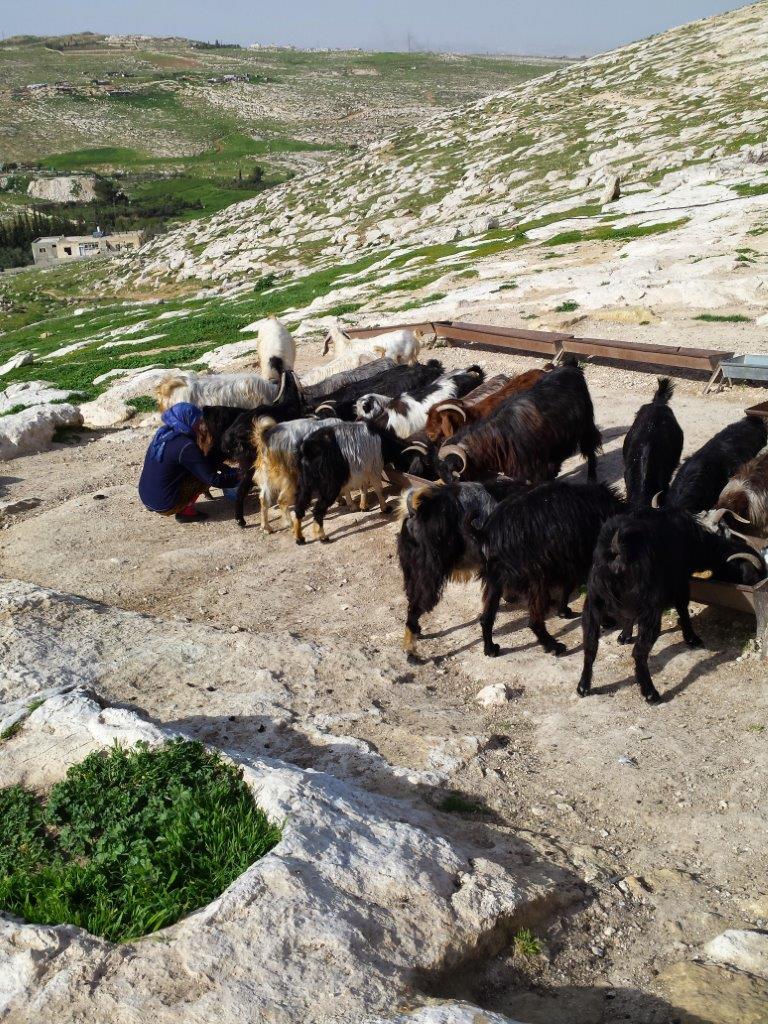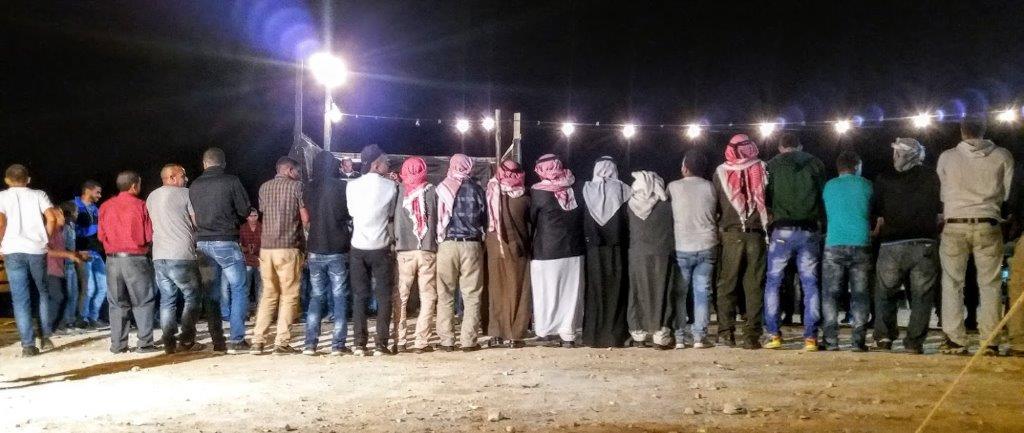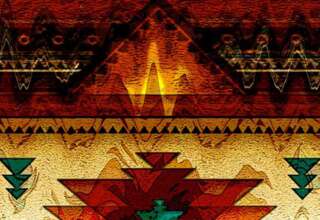
Daniel Weishut, Psy.D.
When referring to conflict it is inevitable to relate to issues of aggression, power and honor. The concept of honor is central in Arab culture and not obeying to rules of honor may result in aggressive reactions. Moreover, the aggressive atmosphere and large power differentials are blatant in the cultural context of the studied friendship. Issues of honor, power and aggression exist also within the friendship itself, as will be described later.
Face and Honor
The literature refers to the concepts of face and honor separately, and chooses the use of one or the other depending on the culture(s) in discussion, with the use of the concept of face usually preserved for cultures in the Far East. However, the two concepts seem to be closely linked and sometimes even indistinguishable, and therefore they will be discussed here together. Although we may dispute this conception, face is considered more inclusive than honor, while honor could be viewed as a special kind of face that is claimed by certain groups in society. Furthermore, it was suggested that face-related issues are an inevitable component in human conflict (Ho, 1976).







